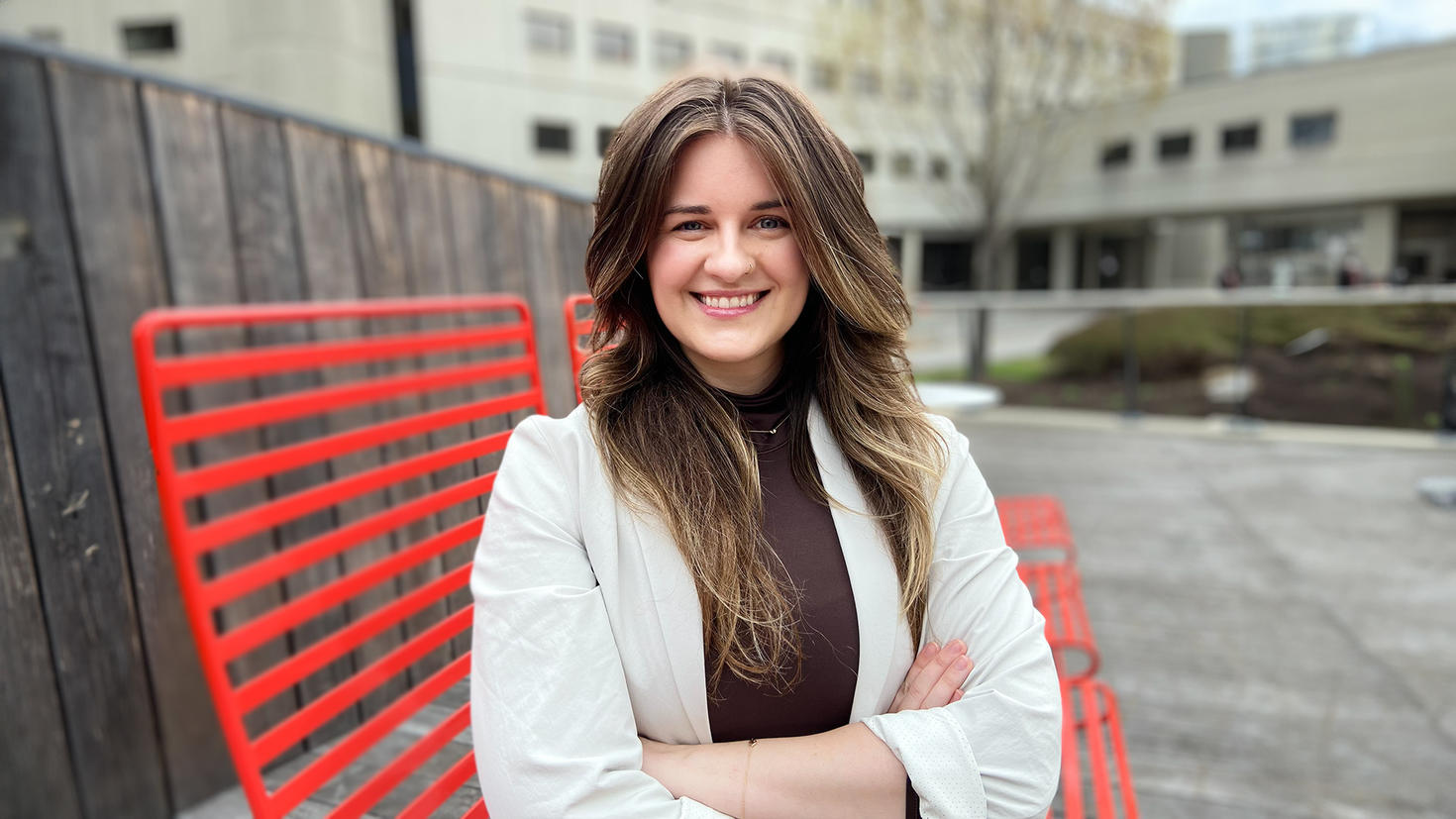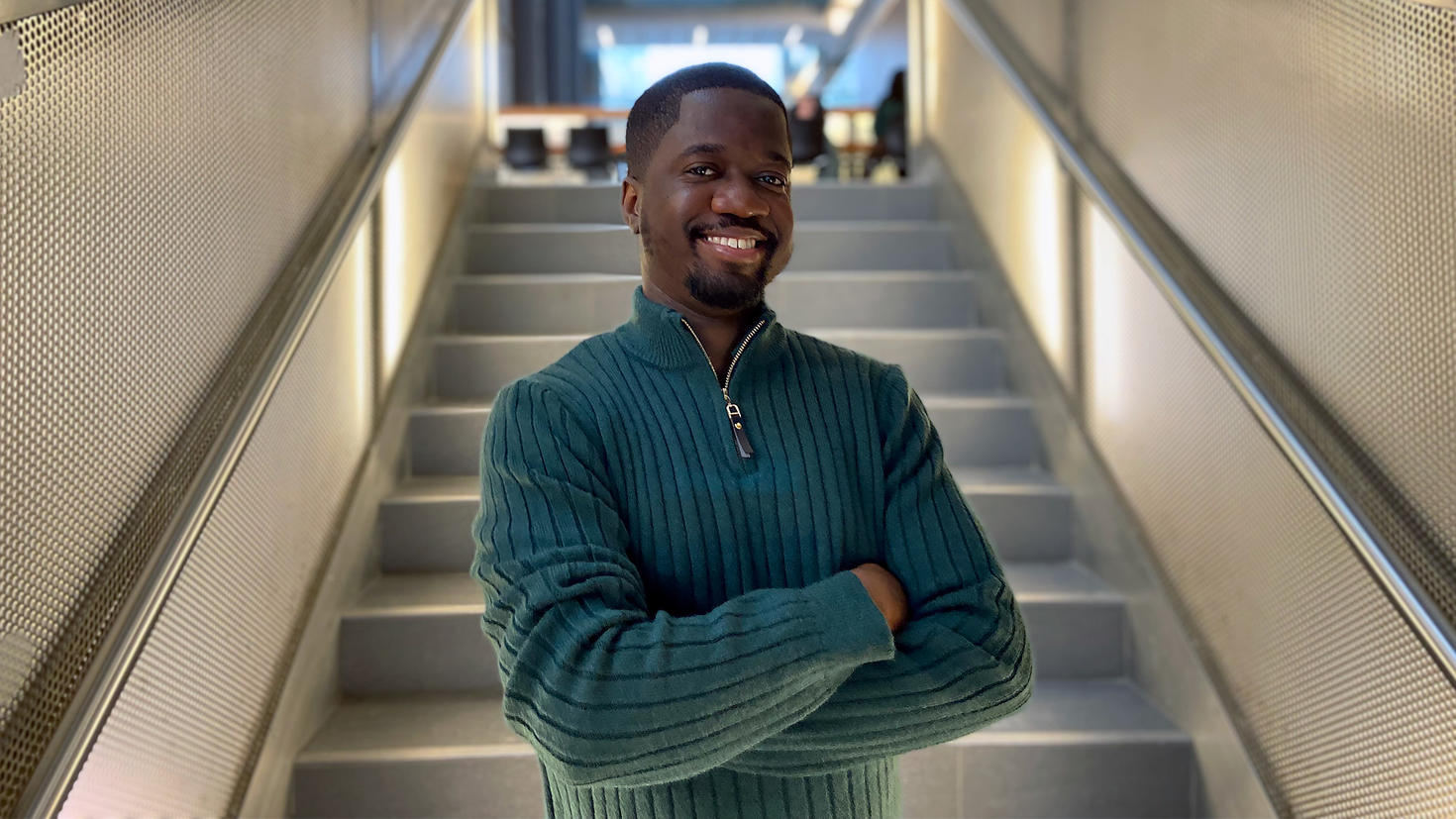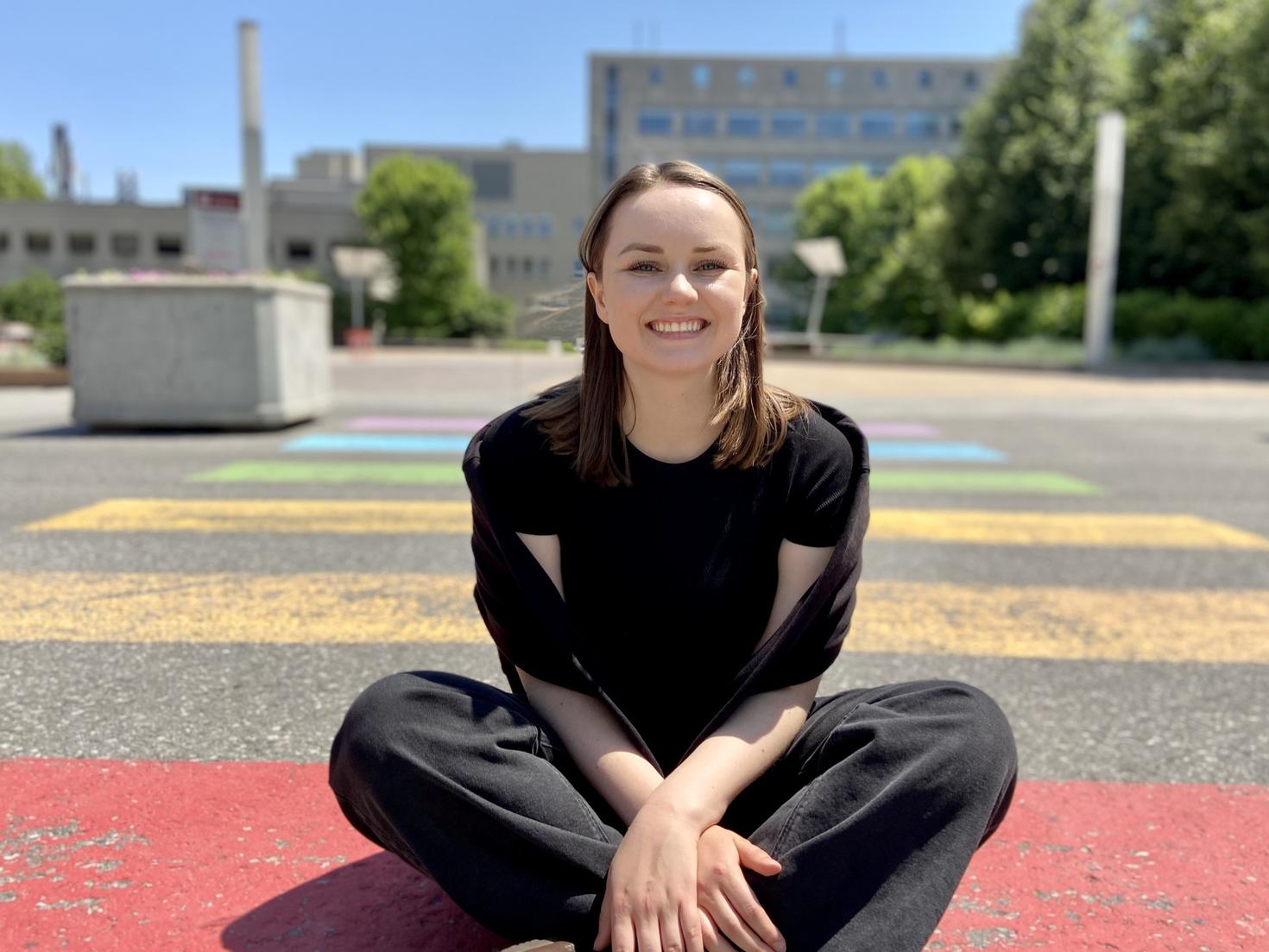A doctoral student in the Faculty of Education, she’s building on her educational and life experience by focusing her research on psychotherapy supervision, a crucial but underexplored component of therapist development. “A supervisor can make or break the learning experience for a new therapist and can ultimately influence whether they choose to stay in the field or not,” she says.
Our conversation is part of the Scholars in Education series.
What brought you to graduate studies?
My undergraduate degree is in psychology, and I spent some time working in high tech before moving on to graduate studies. What shifted my perspective and motivated me to pursue a degree in counselling psychology was losing someone in my family to suicide and the grief that followed that loss.
While working full-time, I started volunteering with victim services to support people who had been victims of crime and volunteered in the Child and Adult Relationships and Environments (CARE) Lab here at uOttawa to get a taste of research. The exposure to the lives and experiences of others as well as my own grieving process motivated me to change paths and dedicate myself to mental health practice and research.
Now, I am a registered psychotherapist (qualifying) in private practice working with kids, teens and their parents. My areas of specialization are grief, trauma and neurodivergence (e.g., autism and ADHD). I completed my master’s thesis while working with the Brain and Behaviour Lab led by Dr. Tracy Vaillancourt and am now pursuing a PhD under the supervision of Dr. Nicola Gazzola.
What’s the focus of your PhD research?
I’m pursuing an area of research I’m very passionate about, psychotherapy supervision. Supervision is the cornerstone of learning and professional—and personal!—development for new therapists. There aren’t clearly established, ongoing developmental standards for clinical supervisors, so this is an area that would benefit from further research to define and clarify guidelines.
As a secondary focus, I am also interested in exploring the identity formation of new therapists. Ultimately, what I’m trying to get at is how learning and growth are facilitated in the psychotherapy profession, for both psychotherapists and supervisors. It’s a qualitative study based on data from interviews.
I’ll use this information to inform supervision practices and examine how supervision can best support therapist growth. It will also bring attention to the key competencies and pedagogical approaches involved in training clinical supervisors.
My background is in quantitative research, and this will all be qualitative work, so it’s something new and different for me. I’m excited for this journey and hope that my research story can foster confidence in students who might be wanting to try something new in their research—you can do it and it’s worth it to try new things and follow your passion!
What prompted you to pursue this topic?
I’ve always been interested in understanding how people learn, why they make the choices they do and what best supports their growth and confidence in themselves and their work.
For therapists, once they’ve received their foundational training in a graduate program, they start seeing clients and are doing a lot of learning “on the job,” so to speak. During this time, trainee therapists receive consistent supervision to guide them in working with their clients, while also developing who they are and how they work as in-training therapists. Good supervision can be inspiring and motivating, while poor or unsupportive supervision can shake confidence or lead to burnout.
When we look at the importance and universal requirement of supervision in our profession, should there not be more training and distinct, evidence-based pedagogical approaches to better prepare supervisors in their work with their supervisees? This thought, in a nutshell, alongside my own transformative experience with a clinical supervisor I really click with, made me want to do this research.
My supervisor at my current practice has this fabulously supportive approach that is both directive and gentle, while encouraging me to develop my own identity as a therapist. I would hope this kind of experience could be accessible to all new therapists.
Who might benefit from your research?
I hope that both clients and mental health clinicians—psychotherapists and clinical supervisors alike—can benefit from my work. If we can better understand what makes “good” supervision, as well as establish clearer competencies and, subsequently, educational requirements for clinical supervisors, then, ideally, we could improve the mental health services that therapists’ clients receive. This would also serve to boost the well-being of people who work in the mental health field.
I know for myself, being a new therapist was incredibly intimidating. You want to help the client in front of you but are also learning and trying to find your own footing in a new job for the first time. Not only would future therapists benefit from having more rigorously trained supervisors, but when/if those new therapists become supervisors themselves, they can look back at the positive experiences they had with their supervisors and use that as a guide for how they want to be with their future supervisees.
Tell us about new knowledge that shaped your thinking.
I’d say that over the course of my studies, specifically, my time in the Brain and Behaviour lab, as well as my time in my counselling practicum and subsequent practice, learning more about neurodivergence (which includes autism and ADHD) and brain differences has changed how I see the world and how I am with others as a person and a therapist.
For example, by changing methods of communication, accommodating sensory needs or simply expressing compassion and understanding. I think a neurodiversity-affirming approach and general understanding of neurodiversity is important not only in treating clients but also in how we interact with colleagues, as well as how clinical supervisors engage with their supervisees. This kind of approach is beneficial for everyone!
Why did you choose uOttawa?
I first chose the University of Ottawa for my graduate studies because I had heard excellent things about the Counselling Psychology program in the Faculty of Education. I had a wonderful volunteer research assistant experience with the CARE lab, and there were several professors in the Faculty whose work I deeply admired and from whom I wanted the opportunity to learn. When it came time to apply for my PhD, it was an easy decision to stay at uOttawa. I had built meaningful relationships with fellow students, colleagues, and lab members who shaped and consistently inspired me. I received tremendous support and mentorship from professors in the Faculty, especially my master’s thesis supervisor, Dr. Vaillancourt, who encouraged me to keep striving and to pursue goals I once thought were beyond my reach.


